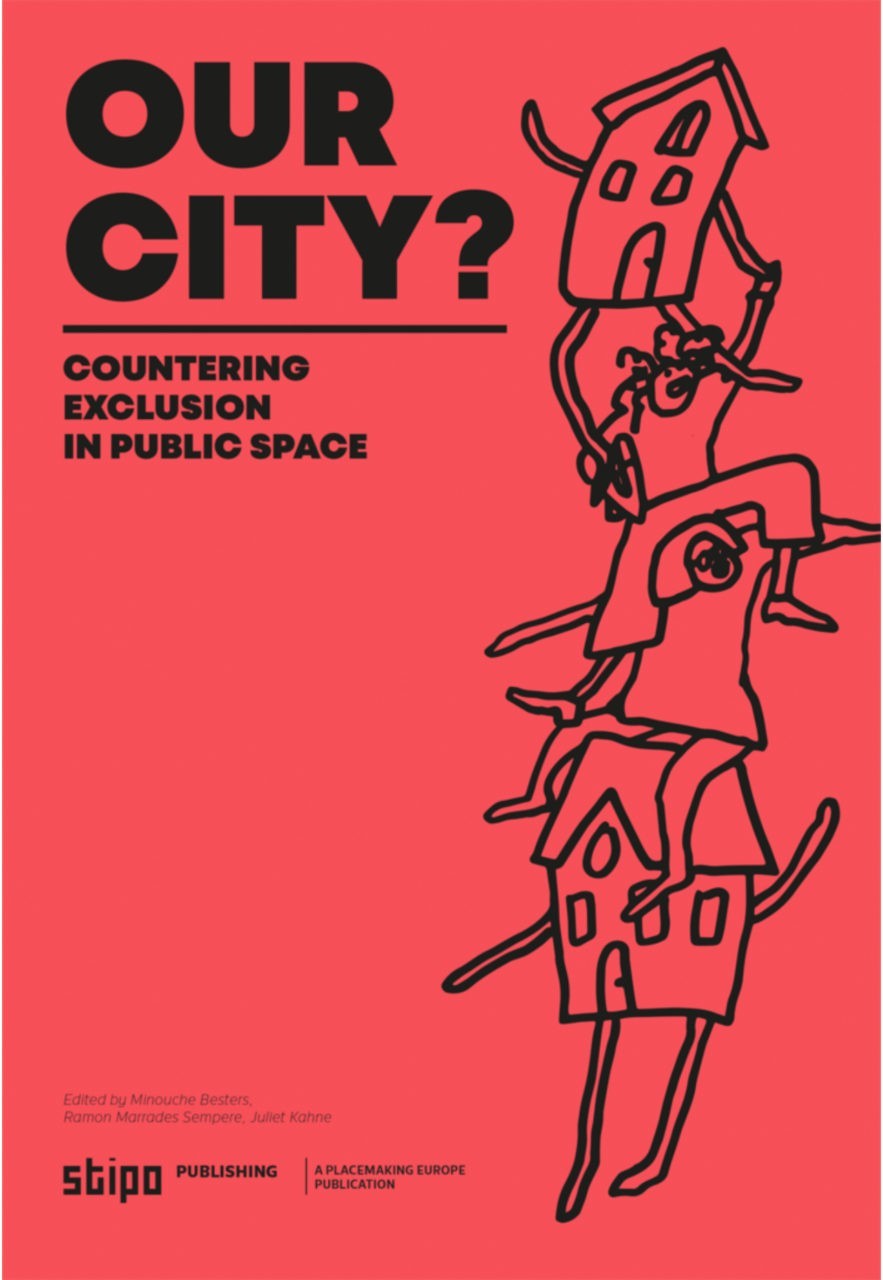
Access to and the safeguarding of suitable and affordable housing is difficult for disadvantaged groups in Swiss cities as such groups often include people with few professional qualifications, various kinds of handicaps, and few financial resources. Among them are migrants and refugees, elderly people, and the «working poor», who receive no social benefits.
Many live under precarious circumstances: with no rental contract or only a short-term tenancy, rents that are too high in relation to income and lead to indebtedness and/or inadequate accommodation.
The tighter the housing market — as for example in Zurich — the smaller their chances. The fact that Zurich is nevertheless a socially-mixed, lively, and attractive city is due to various state and non-state types of housing support. They provide and/or safeguard adequate housing for socially and/or economically disadvantaged people with various non-monetary types of support (or in combination with financial support). This includes help in seeking flats or promoting housing integration or implementing measures to prevent notices to quit and evictions as well as providing sheltered and supervised housing. It has to be pointed out though, that the demand for counselling and support in seeking and safeguarding accommodation has exceeded available provision for years and is a mere drop in a veritable ocean of needs.
Inclusion is a Dialogical Process of Approach and Negotiation
Stiftung Domicil is a key actor in Zurich with regard to finding and maintaining housing for low-income households who have hardly got a chance of finding a suitable flat on their own. In the municipal «Luchswiesen» a housing complex for families with many children – a broad participation process was set in motion by Domicil in reaction to problems on the estate, primarily regarding noise at night, caused by teenagers living on the estate but also from elsewhere. Refuse was left lying around such as empty bottles and sometimes even syringes. Therefore, the aim of the project was to improve intercultural life on the estate, promote participation, and support the empowerment of all participants. The special feature of this project was that particularly fathers with a migratory background were successfully included and proved to be the change-making factor.
In housing, inclusion is not a category that relates only to migrants or to special, particularly targeted housing projects. Inclusion is a dialogical process of approach and negotiation that is part of the everyday reality of our lives. Approaches such as that of the Domicil Foundation in Zurich, which before any other measures enables access to affordable urban housing in neighbourly coexistence for disadvantaged people, are necessary preconditions to counter exclusion.
Dr. Marie Glaser is director of the ETH Wohnforum – ETH CASE Centre for Research on Architecture, Society and the & Built Environment at the ETH Department of Architecture.
Read More
Glaser, Marie; Hugentobler, Margrith (2019): Actions towards social integration and sustainable neighborhoods in Zurich, Switzerland. In: Besters, Minouche et al. (ed.) (2019): Our City? Countering Exclusion in Public Space. Amsterdam: stipo Place Making Europe. S. 405–411.
Barandun, Katharina (Hrsg.) (2012): Partizipation in interkulturellen Siedlungen. Erfolg durch Väterbeteiligung. Zürich: Seismo.